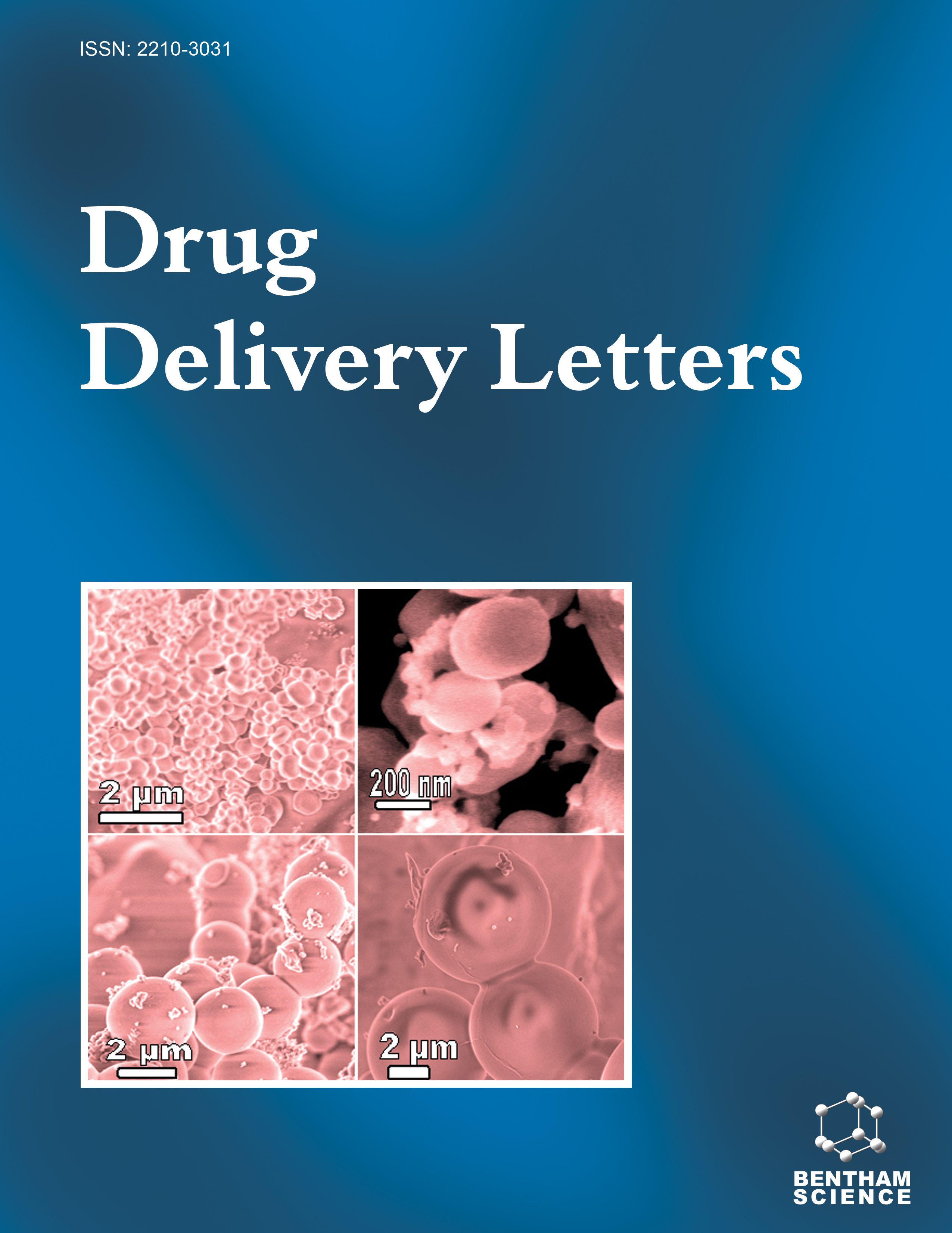
Full text loading...
The bioavailability of a variety of drugs has been enhanced by the use of self-nanoemulsifying drug delivery systems (SNEDDS). Despite having several pharmacological effects, myricetin has limited bioavailability because of its poor solubility, which limits its use. Self-nanoemulsifying drug delivery systems (SNEDDS) have been developed to solve this issue.
The study aims to develop and characterize a self-nanoemulsifying drug delivery system (SNEDDS) of myricetin and evaluate its pharmacokinetics, toxicity, and in vivo anti-ulcer activity.
Myricetin-SNEDDS was formulated by solubility testing of myricetin in excipients, constructing a pseudo-ternary phase diagram and characterized using emulsification time, percent transmittance, thermodynamic stability, droplet size, polydispersity index and morphological characterization (TEM). Further acute oral toxicity study, pharmacokinetic parameters, in vivo antiulcer activity and in vivo anti-oxidant activity on stomach tissue for Myricetin-SNEDDS were evaluated.
Tween 80 (surfactant), propylene glycol (co-surfactant) and olive oil (oil phase) were used to prepare myricetin-SNEDDS, which was then optimized according to droplet size and emulsification ability. The obtained Myricetin-SNEDDS ME1F2 with droplet size <100 nm and emulsification time 9s. Further evaluations showed that these Myricetin-SNEDDS have no toxicity and the pharmacokinetic study showed improved systemic drug absorption, which increases oral bioavailability. Myricetin-SNEDDS showed significant anti-ulcer activity and in vivo anti-oxidant activity on stomach tissue.
The developed Myricetin-SNEDDS significantly enhanced solubility and oral bioavailability compared to pure myricetin. Improved pharmacokinetic parameters, absence of toxicity, and notable anti-ulcer as well as antioxidant activity confirm its therapeutic potential. Thus, SNEDDS can be considered an effective strategy for overcoming the limitations of poorly soluble bioactives like myricetin.
Myricetin's gastroprotective properties and anti-oxidative efficacy can be improved by SNEDDS, according to research, and it has a good probability of becoming a bioactive substance used as an anti-ulcer agent.

Article metrics loading...

Full text loading...
References


Data & Media loading...

